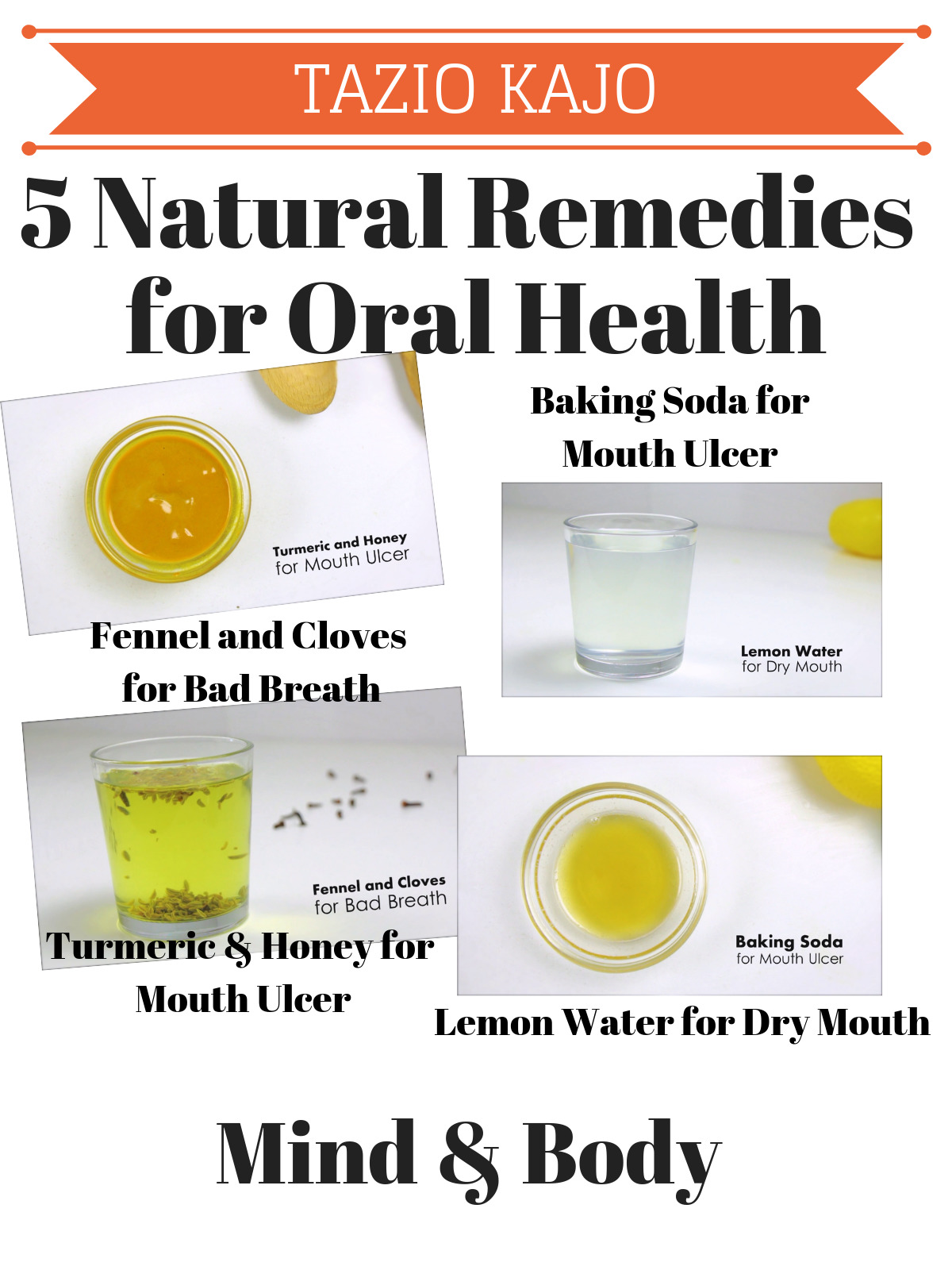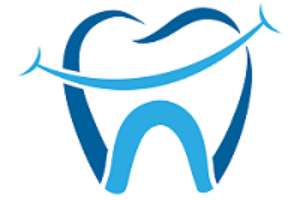Natural Remedies for Periodontal Health: Do They Work?
Are you tired of dealing with the discomfort and potential risks of periodontal disease? Have you been searching for alternative methods to improve your oral health?
Natural remedies may offer a glimmer of hope, but do they really work?
In this discussion, we will explore the effectiveness of various natural remedies for periodontal health.
From oil pulling to herbal mouthwashes, aloe vera to turmeric, and green tea extract, we will delve into the potential benefits of these remedies and help you make an informed decision about your oral care routine.
Stay tuned to discover the truth behind these natural remedies and their impact on your periodontal health.
Understanding Periodontal Health
To fully understand periodontal health, it’s important to grasp the intricacies of the structures that support your teeth. Your teeth aren’t just standalone entities in your mouth. They’re supported by a complex system of tissues and bones, collectively known as the periodontium.
The periodontium consists of the gingiva (gums), cementum (outer layer of the tooth root), periodontal ligament (connects the tooth root to the bone), and alveolar bone (supports the teeth in the jaw).
The gingiva, or gums, play a crucial role in periodontal health. They protect the underlying structures and act as a seal around the teeth, preventing bacteria from entering and causing infection. Healthy gums are firm, pink, and don’t bleed when you brush or floss.
The cementum covers the tooth root and helps anchor it to the periodontal ligament. This thin layer provides protection and support for the tooth root.
The periodontal ligament is a bundle of fibers that connect the tooth root to the alveolar bone. It acts as a shock absorber, allowing for small movements of the tooth when you bite or chew.
Lastly, the alveolar bone is the bone that surrounds and supports the teeth. It provides a stable foundation for the teeth and is crucial for maintaining their position and stability.
The Role of Natural Remedies
Natural remedies can play a significant role in promoting periodontal health by providing alternative options for managing symptoms and improving overall oral hygiene. While professional treatment and oral care are crucial for managing periodontal disease, natural remedies can complement these efforts and enhance their effectiveness.
One of the primary benefits of using natural remedies is the potential for reducing inflammation and fighting off harmful bacteria. For example, rinsing with a saltwater solution can help alleviate gum inflammation and reduce the presence of bacteria in the mouth. Additionally, using essential oils like tea tree oil or peppermint oil can have antimicrobial properties that help control the growth of bacteria in the mouth.
Natural remedies can also aid in the prevention of plaque buildup, a major contributor to periodontal disease. Oil pulling, a practice where you swish coconut oil in your mouth for a few minutes, has been shown to reduce plaque formation and improve gum health.
Incorporating natural remedies into your oral hygiene routine can provide a holistic approach to periodontal health and support the effectiveness of professional treatments. However, it’s essential to consult with your dentist or periodontist before using any natural remedies to ensure they’re safe and appropriate for your specific condition.
Oil Pulling: Fact or Fiction?
Using natural remedies to promote periodontal health can be an effective approach, and one popular technique that has gained attention is oil pulling. Oil pulling involves swishing oil, typically coconut or sesame oil, in your mouth for several minutes and then spitting it out. While some people claim that oil pulling can help improve gum health and reduce plaque, there’s limited scientific evidence to support these claims. It’s important to note that oil pulling shouldn’t replace regular brushing and flossing, as these are essential for maintaining good oral hygiene.
Here are some key points to consider about oil pulling:
– Lack of scientific evidence: Although oil pulling has been practiced for centuries in traditional Ayurvedic medicine, there’s a lack of rigorous scientific studies to confirm its effectiveness in treating periodontal disease.
– Mechanical action: The swishing action of oil pulling may help dislodge food particles and bacteria from the teeth and gums.
– Antimicrobial properties: Some oils, such as coconut oil, have antimicrobial properties that could potentially help reduce the growth of bacteria in the mouth.
– Personal experiences: While scientific evidence may be lacking, some individuals report positive experiences with oil pulling, such as fresher breath and improved gum health.
– Safety considerations: Oil pulling is generally considered safe when practiced correctly. However, it’s important to avoid swallowing the oil, as it may contain harmful bacteria and toxins.
The Power of Herbal Mouthwashes
Now let’s talk about the power of herbal mouthwashes.
Did you know that using herbal mouthwashes can offer numerous benefits for your oral health?
These natural mouthwashes are made with ingredients like tea tree oil, peppermint, and cloves, which have antibacterial and anti-inflammatory properties.
Many studies have shown the effectiveness of these herbal rinses in reducing plaque, gingivitis, and bad breath.
Herbal Mouthwash Benefits
To experience the power of herbal mouthwashes, consider incorporating them into your oral care routine for improved periodontal health. Herbal mouthwashes offer a range of benefits that can help maintain a healthy mouth. Here are five reasons why you should give herbal mouthwashes a try:
– Natural ingredients: Herbal mouthwashes are made from plant-based ingredients that have been used for centuries for their medicinal properties.
– Antibacterial action: Many herbal extracts, such as tea tree oil and peppermint, have antibacterial properties that can help reduce the growth of harmful bacteria in your mouth.
– Reduced inflammation: Certain herbs, like chamomile and calendula, have anti-inflammatory properties that can help soothe gum inflammation and promote healing.
– Fresh breath: Herbal mouthwashes often contain herbs like spearmint and eucalyptus, which provide a refreshing and long-lasting breath.
– Gentle on gums: Unlike alcohol-based mouthwashes, herbal mouthwashes are gentle on your gums and don’t cause dryness or irritation.
Incorporating herbal mouthwashes into your oral care routine can be a natural and effective way to support periodontal health.
Natural Mouthwash Ingredients
Incorporating natural mouthwash ingredients is a powerful way to enhance the effectiveness of herbal mouthwashes for maintaining optimal periodontal health. Natural ingredients such as tea tree oil, peppermint oil, and aloe vera have been found to have significant benefits for oral hygiene.
Tea tree oil, for example, has antibacterial properties that can help reduce plaque and gingivitis. Peppermint oil has a refreshing taste and can provide a cooling sensation, while also helping to freshen breath. Aloe vera, on the other hand, has anti-inflammatory properties that can soothe gum irritation and promote healing.
Effectiveness of Herbal Rinses
Using herbal mouthwashes can be a powerful way to enhance your oral hygiene and support optimal periodontal health. Here are five reasons why herbal rinses can be effective:
– Antibacterial properties: Many herbs, such as sage and tea tree oil, have natural antibacterial properties that can help reduce plaque and bacteria in your mouth.
– Anti-inflammatory effects: Certain herbs, like chamomile and calendula, have anti-inflammatory properties that can help soothe gum inflammation and promote healing.
– Fresh breath: Herbal rinses often have natural ingredients like mint or cinnamon that can freshen your breath and leave your mouth feeling clean.
– Natural and chemical-free: Herbal mouthwashes are typically made with natural ingredients, making them a safer and more eco-friendly option compared to commercial mouthwashes that may contain harsh chemicals.
– Holistic approach: Herbal rinses take a holistic approach to oral health, combining the benefits of various herbs to address multiple oral health concerns at once.
Exploring the Benefits of Aloe Vera
You can experience the numerous benefits of aloe vera for periodontal health by incorporating this natural remedy into your oral care routine. Aloe vera has been used for centuries for its healing properties, and it can be particularly effective in promoting gum health.
One of the key benefits of aloe vera is its anti-inflammatory properties. This can help reduce gum inflammation and swelling, which are common symptoms of periodontal disease. Aloe vera also contains antioxidants that can help fight off harmful bacteria in the mouth, preventing the buildup of plaque and tartar.
Additionally, aloe vera can help soothe gum discomfort and promote tissue repair. It has been found to stimulate the production of collagen, a protein that’s essential for healthy gums.
To incorporate aloe vera into your oral care routine, you can use aloe vera gel or juice as a mouthwash or apply it directly to your gums. However, it’s important to remember that aloe vera shouldn’t replace professional dental care. It can be used as a complementary treatment to support your periodontal health.
Turmeric: A Natural Anti-inflammatory
Turmeric is a natural anti-inflammatory that offers numerous benefits for periodontal health. Incorporating turmeric into your dental care routine can help reduce inflammation, prevent gum disease, and promote overall oral health. Here are five reasons why turmeric is a great addition to your oral hygiene regimen:
– Reduces inflammation: The active compound in turmeric, called curcumin, has powerful anti-inflammatory properties that can help alleviate gum inflammation and swelling.
– Fights bacteria: Turmeric has antimicrobial properties that can inhibit the growth of harmful bacteria in the mouth, reducing the risk of gum infections.
– Promotes healing: Turmeric can accelerate the healing process of gum tissues by stimulating the production of collagen, a protein essential for tissue repair.
– Relieves pain: If you experience tooth or gum pain, turmeric can provide natural relief due to its analgesic properties.
– Enhances oral hygiene: Turmeric can help improve oral hygiene by reducing plaque buildup and preventing the formation of tartar, leading to healthier gums and teeth.
To incorporate turmeric into your oral care routine, you can make a simple turmeric paste by mixing turmeric powder with water or oil. Gently apply the paste to your gums and teeth, leave it on for a few minutes, and then rinse thoroughly. Remember to consult with your dentist before using any natural remedies to ensure they’re safe for your specific dental needs.
The Potential of Green Tea Extract
Did you know that incorporating green tea extract into your oral care routine can provide potential benefits for periodontal health?
Green tea has long been known for its numerous health benefits, and recent research suggests that it may also have positive effects on gum health. The active compounds found in green tea, such as catechins and polyphenols, have been shown to possess anti-inflammatory and antimicrobial properties. These properties can help in reducing gum inflammation and preventing the growth of harmful bacteria that contribute to periodontal disease.
Additionally, green tea extract has been found to promote the healing of gum tissue and reduce the risk of gum bleeding. Some studies have even suggested that rinsing with green tea extract can help to inhibit the formation of plaque and tartar on teeth.
However, it’s important to note that green tea extract shouldn’t replace regular brushing and flossing, but rather be used as a complementary addition to your oral care routine. As with any supplement or natural remedy, it’s advisable to consult with your dentist or healthcare provider before incorporating green tea extract into your oral care routine.
Frequently Asked Questions
Are Natural Remedies for Periodontal Health More Effective Than Traditional Dental Treatments?
Natural remedies for periodontal health can be a popular option for many people. They’re often seen as more natural and less invasive than traditional dental treatments.

However, when it comes to effectiveness, it’s important to consider individual cases. While some natural remedies may have positive effects, they may not be as effective as traditional dental treatments in more severe cases.
It’s essential to consult with a dental professional to determine the best course of action for your specific needs.
Can Oil Pulling Really Improve Periodontal Health?
Oil pulling, can it really improve periodontal health?
Well, let’s dive into it!
Oil pulling, where you swish oil in your mouth, is believed to remove harmful bacteria and promote gum health. While some people swear by it, scientific evidence is lacking.
It may provide temporary relief, but it’s not a substitute for professional dental treatment.
Are Herbal Mouthwashes as Effective as Traditional Mouthwashes for Treating Periodontal Disease?
Herbal mouthwashes, are they as effective as traditional mouthwashes for treating periodontal disease? Well, it’s a common question.
Many people wonder if natural remedies can provide the same benefits as the conventional ones. While there’s some evidence suggesting that certain herbal mouthwashes may have antimicrobial properties, it’s important to note that more research is needed to fully understand their effectiveness.
How Does Aloe Vera Help in Maintaining Periodontal Health?
Aloe vera can be beneficial for maintaining periodontal health. It has anti-inflammatory properties that can help reduce gum inflammation and swelling. Additionally, it contains vitamins and minerals that can promote healing and strengthen the gums.
Using aloe vera gel or mouthwash regularly may help prevent gum disease and maintain overall oral health. However, it’s important to note that while aloe vera can be a helpful natural remedy, it shouldn’t replace professional dental care and regular oral hygiene practices.
What Is the Recommended Dosage of Turmeric for Its Anti-Inflammatory Benefits on Periodontal Health?
To get the anti-inflammatory benefits of turmeric for your periodontal health, it’s important to know the recommended dosage. Turmeric is generally considered safe, but it’s always best to consult with a healthcare professional before starting any new supplement.
The recommended dosage of turmeric can vary depending on the form you’re taking, but a typical range is 500-2000 milligrams per day. Remember to start with a lower dose and gradually increase if needed.
Conclusion
In conclusion, natural remedies for periodontal health show promise in improving oral health.
Oil pulling, herbal mouthwashes, aloe vera, turmeric, and green tea extract have all been found to have potential benefits in reducing inflammation and promoting gum health.
While more research is needed to fully understand their effect directory iveness, incorporating these natural remedies into a comprehensive oral care routine can be a valuable addition in maintaining periodontal health.
Was this helpful?

Welcome to my website! I am Levi Halpern, a dedicated and passionate professional Cosmetic Dentist with extensive experience in Orthodontic Innovations, Periodontal Care, and Pediatric Dental Care. I am thrilled to have the opportunity to share my knowledge and expertise with you.

